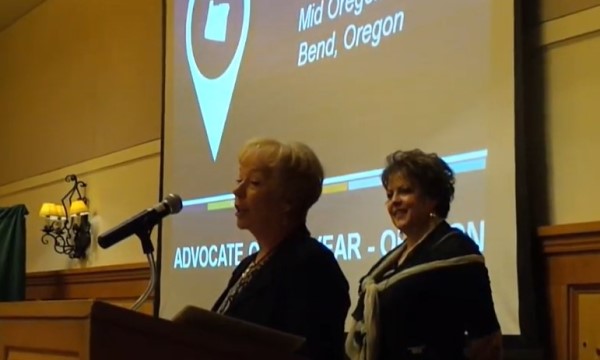The COVID-19 pandemic is not only causing fear and uncertainty about our health, but our livelihood as well. Many wonder “What happens to me and my family if my employer has to lay off people or my hours are cut?” Perhaps you are already experiencing COVID-19 pandemic financial management challenges?
Track Your Expenses
Now more than ever, it’s important to keep track of your expenses to make sure you’re not spending more than you make or increasing your credit card debt. If you feel like you live paycheck to paycheck, then now is definitely time to take a hard look at your expenses, see where you can make adjustments, and take firm control.
Create a Budget
To get control, you need to know exactly what you’re dealing with – how much money is coming in each month and how much is going out. To get a clear picture, create a budget. There are many apps and online templates you can choose from. Many of them provide visual images, like pie charts, that help you see how big of a chunk each expense is taking from your take-home pay.
A budget will tell you if you’re setting aside enough money for the essentials (rent, utilities, food) and how much is being eaten up by non-essentials (like snacks, eating out, cable, or non-essential online purchasing). If money is tight, cancel non-essential subscription services temporarily. You can always restart them when things get better. The silver lining of this pandemic is that since most of us are practicing social distancing to minimize contagion, you may already be saving money by not going out.
Minimize Credit Card Impact
If your credit card debt is high, see if any of your existing cards are offering low interest rates on balance transfers. Transfer the balance from the highest card to a lower interest card and pay more than the minimum whenever possible. Mid Oregon’s VISA credit cards can cost you less, with no balance transfer fees. Also, until you have paid off the debt, only use your credit card for emergencies.
Emergency Savings
Another important task is to beef up your emergency savings or start an emergency savings account if you haven’t done so. Ideally, you want to save at least 3 months of your take-home pay. You can start with as little as $5 a week. Simply save $5 consistently each week and when you think you can add a little more, increase your deposit. To make this easier, set up an automatic transfer from your checking account.
Mid Oregon’s online banking provides a savings goal tool that makes it easy to set and track your emergency fund and other savings goals. New online banking users can easily register on our website.
Mid Oregon also has additional ways to support our members. At this time we are also offering our members CARE Loans, Refinance options, Skip-A-Payments and more. Know that Mid Oregon Credit Union is still here for you. Current information is available on our COVID-19 Update page.





